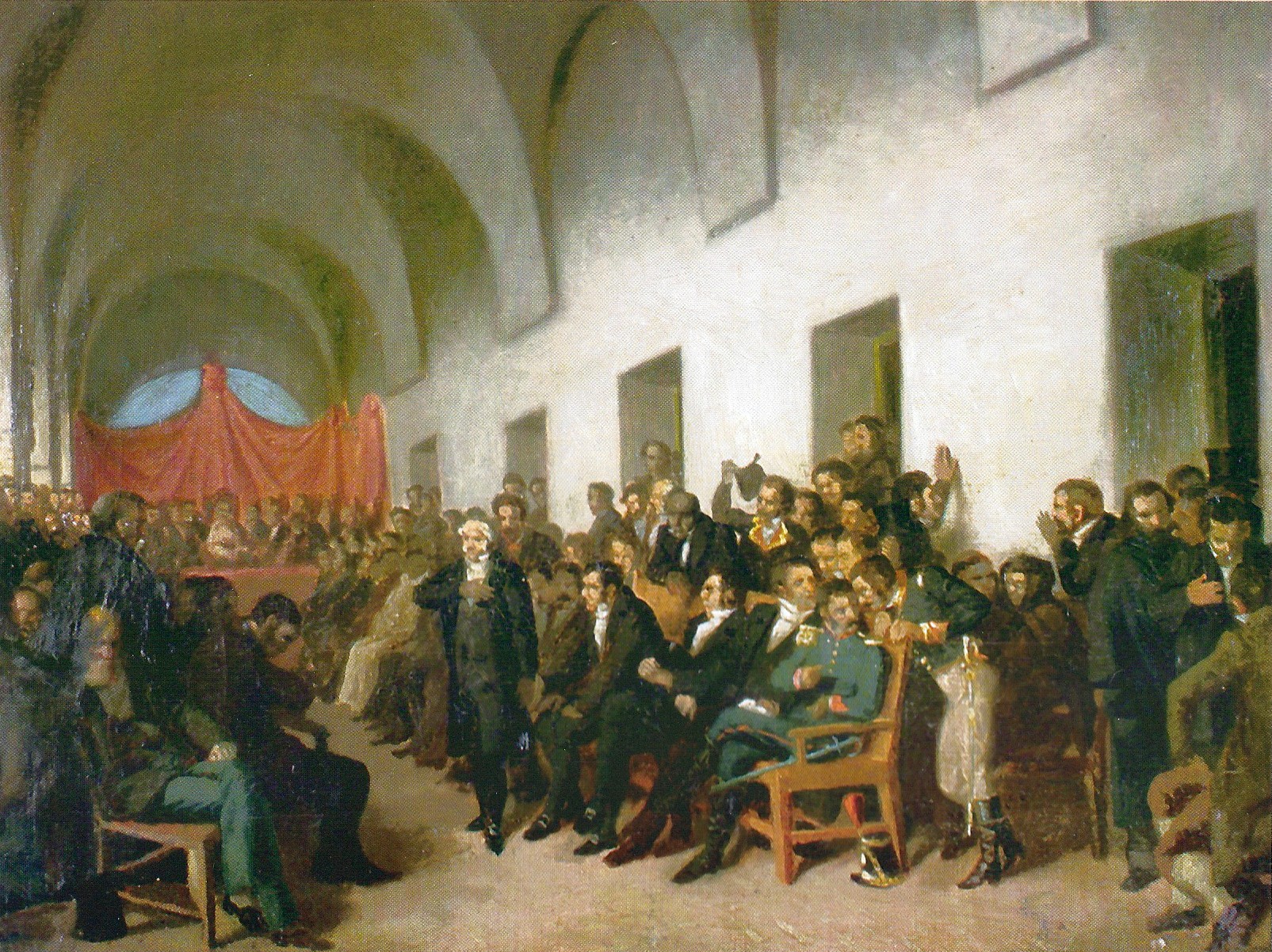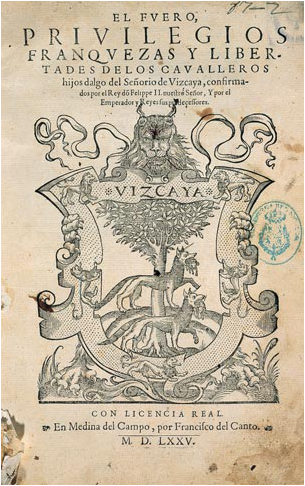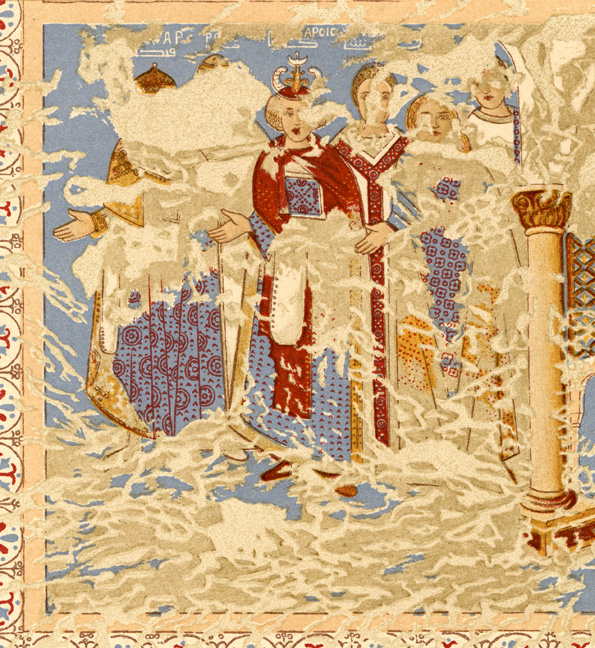|
Cabildo (council)
A cabildo () or ayuntamiento () was a Spanish Empire, Spanish colonial and early postcolonial administrative council that governed a municipality. Cabildos were sometimes appointed, sometimes elected, but were considered to be representative of all land-owning heads of medieval household, household (''vecinos''). The colonial cabildo was essentially the same as the one that was developed in Middle Ages, medieval Crown of Castile, Castile. The word ''cabildo'' has the same Latin root (''capitulum'') as the English word wiktionary:chapter, chapter and in fact is also the Spanish word for a cathedral chapter. Historically, the term ''ayuntamiento'' was often preceded by the word ''excelentísimo'' (English language, English: "most excellent") as a style (manner of address), style of office in referring to the council. That phrase is often abbreviated ''Exc.mo Ay.to'' History The Castilian cabildo has some similarities to the ancient Roman ''municipium'' and ''civitas'', especial ... [...More Info...] [...Related Items...] OR: [Wikipedia] [Google] [Baidu] |
Cabildo Abierto
''Cabildo Abierto'' ( Spanish for " Open cabildo" or "Town hall meeting") is an Uruguayan political party founded in 2019. The party is described as right-wing populist, nationalist and conservative, as well as mostly characterized as far-right on the mainstream political spectre. However, it defines itself as Artiguist and is referred to as a third position party by some sources. It participated for the first time in an election the same year of its foundation, obtaining 11.04% of the votes, three senators and eleven representatives. It is led by Guido Manini Ríos, descendant of a traditional Colorado Party family and former Commander in Chief of the Army. According to "Cifra", a consultancy firm, in October 2019, 24% of its voters were previously from the Broad Front, 14% from the Colorado Party and 10% from the National Party. Gonzalo Ferreira Sienra, one of the children of Wilson Ferreira Aldunate, is a member of Cabildo Abierto. History This political group ... [...More Info...] [...Related Items...] OR: [Wikipedia] [Google] [Baidu] |
Visigothic Kingdom
The Visigothic Kingdom, Visigothic Spain or Kingdom of the Goths () was a Barbarian kingdoms, barbarian kingdom that occupied what is now southwestern France and the Iberian Peninsula from the 5th to the 8th centuries. One of the Germanic peoples, Germanic successor states to the Western Roman Empire, it was originally created by the settlement of the Visigoths under King Wallia in the province of Gallia Aquitania in southwest Gaul by the Roman government and then extended by conquest over all of Hispania. The Kingdom maintained independence from the Eastern Roman or Byzantine Empire, whose attempts to re-establish Roman authority in Hispania were only partially successful and short-lived. The Visigoths were Romanization (cultural), romanized central Europeans who had moved west from the Danube, Danube Valley. They became foederati of Rome, and sought to restore the Roman order against the hordes of Vandals, Alans and Suebi. The Fall of the Western Roman Empire, Western Roman Emp ... [...More Info...] [...Related Items...] OR: [Wikipedia] [Google] [Baidu] |
Fuero
(), (), (), () or () is a Spanish legal term and concept. The word comes from Latin , an open space used as a market, tribunal and meeting place. The same Latin root is the origin of the French terms and , and the Portuguese terms and ; all of these words have related, but somewhat different meanings. The Spanish term has a wide range of meanings, depending upon its context. It has meant a compilation of laws, especially a local or regional one; a set of laws specific to an identified class or estate (for example , comparable to a military code of justice, or , specific to the Roman Catholic Church). In many of these senses, its equivalent in medieval England would be the custumal. In the 20th century, Francisco Franco's regime used the term for several of the fundamental laws. The term implied these were not constitutions subject to debate and change by a sovereign people, but orders from the only legitimate source of authority, as in feudal times. Characteri ... [...More Info...] [...Related Items...] OR: [Wikipedia] [Google] [Baidu] |
Kingdom Of Castile
The Kingdom of Castile (; : ) was a polity in the Iberian Peninsula during the Middle Ages. It traces its origins to the 9th-century County of Castile (, ), as an eastern frontier lordship of the Kingdom of León. During the 10th century, the Castilian counts increased their autonomy, but it was not until 1065 that it was separated from the Kingdom of León and became a kingdom in its own right. Between 1072 and 1157, it was again united with León, and after 1230, the union became permanent. Throughout that period, the Castilian kings made extensive conquests in southern Iberia at the expense of the Islamic principalities. The Kingdoms of Castile and of León, with their southern acquisitions, came to be known collectively as the Crown of Castile, a term that also came to encompass overseas expansion. History 9th to 11th centuries: beginnings According to the chronicles of Alfonso III of Asturias, the first reference to the name "Castile" (Castilla) can be found in a documen ... [...More Info...] [...Related Items...] OR: [Wikipedia] [Google] [Baidu] |
Kingdom Of León
The Kingdom of León was an independent kingdom situated in the northwest region of the Iberian Peninsula. It was founded in 910 when the Christian princes of Kingdom of Asturias, Asturias along the Bay of Biscay, northern coast of the peninsula shifted their capital from Oviedo to the city of León, Spain, León. The List of Leonese monarchs, kings of León fought civil wars, wars against neighbouring kingdoms, and campaigns to repel invasions by both the Moors and the Vikings, all in order to protect their kingdom's changing fortunes. García I of León, García is the first of the kings described by the charters as reigning in León. It is generally assumed that the old Asturian kingdom was divided among the three sons of Alfonso III of Asturias: García (León), Ordoño II of León, Ordoño (Galicia (Spain), Galicia) and Fruela II of Asturias, Fruela (Asturias), as all three participated in deposing their father. When García died in 914, León went to Ordoño, who now ruled ... [...More Info...] [...Related Items...] OR: [Wikipedia] [Google] [Baidu] |
Kingdom Of Portugal
The Kingdom of Portugal was a Portuguese monarchy, monarchy in the western Iberian Peninsula and the predecessor of the modern Portuguese Republic. Existing to various extents between 1139 and 1910, it was also known as the Kingdom of Portugal and the Algarves after 1415, and as the United Kingdom of Portugal, Brazil and the Algarves between 1815 and 1822. The name is also often applied to the Portuguese Empire, the realm's overseas colonies. The nucleus of the Portuguese state was the County of Portugal, established in the 9th century as part of the ''Reconquista'', by Vímara Peres, a vassal of the Kingdom of Asturias, King of Asturias. The county became part of the Kingdom of León in 1097, and the Counts of Portugal established themselves as rulers of an independent kingdom in the 12th century, following the battle of São Mamede. The kingdom was ruled by the Portuguese House of Burgundy, Afonsine Dynasty until the 1383–85 Crisis, after which the monarchy passed to the Hous ... [...More Info...] [...Related Items...] OR: [Wikipedia] [Google] [Baidu] |
Reconquista
The ''Reconquista'' (Spanish language, Spanish and Portuguese language, Portuguese for ) or the fall of al-Andalus was a series of military and cultural campaigns that European Christian Reconquista#Northern Christian realms, kingdoms waged against the al-Andalus, Muslim kingdoms following the Muslim conquest of the Iberian Peninsula by the Umayyad Caliphate, culminating in the reign of the Catholic Monarchs of Spain. The beginning of the ''Reconquista'' is traditionally dated to the Battle of Covadonga ( or 722), in which an Kingdom of Asturias, Asturian army achieved the first Christian victory over the forces of the Umayyad Caliphate since the beginning of the military invasion. The ''Reconquista'' ended in 1492 with the Granada War#Last stand at Granada, fall of the Nasrid kingdom of Granada to the Catholic Monarchs of Spain, Catholic Monarchs. In the late 10th century, the Umayyad vizier Almanzor waged a series of military campaigns for 30 years in order to subjugate ... [...More Info...] [...Related Items...] OR: [Wikipedia] [Google] [Baidu] |
Police
The police are Law enforcement organization, a constituted body of Law enforcement officer, people empowered by a State (polity), state with the aim of Law enforcement, enforcing the law and protecting the Public order policing, public order as well as the public itself. This commonly includes ensuring the safety, health, and possessions of citizens, and to prevent crime and civil disorder. Their lawful powers encompass arrest and the use of force legitimized by the state via the monopoly on violence. The term is most commonly associated with the police forces of a sovereign state that are authorized to exercise the Law enforcement agency powers, police power of that state within a defined legal or territorial area of responsibility. Police forces are often defined as being separate from the military and other organizations involved in the defense of the state against foreign aggressors; however, gendarmerie are military units charged with civil policing. Police forces are usua ... [...More Info...] [...Related Items...] OR: [Wikipedia] [Google] [Baidu] |
Sharia Law
Sharia, Sharī'ah, Shari'a, or Shariah () is a body of religious law that forms a part of the Islamic tradition based on scriptures of Islam, particularly the Qur'an and hadith. In Islamic terminology ''sharīʿah'' refers to immutable, intangible divine law; contrary to ''fiqh'', which refers to its interpretations by Islamic scholars. Sharia, or fiqh as traditionally known, has always been used alongside customary law from the very beginning in Islamic history; has been elaborated and developed over the centuries by legal opinions issued by qualified jurists – reflecting the tendencies of different schools – and integrated and with various economic, penal and administrative laws issued by Muslim rulers; and implemented for centuries by judges in the courts until recent times, when secularism was widely adopted in Islamic societies. Traditional theory of Islamic jurisprudence recognizes four sources for Ahkam al-sharia: the Qur'an, '' sunnah'' (or authentic ... [...More Info...] [...Related Items...] OR: [Wikipedia] [Google] [Baidu] |
Qadi
A qadi (; ) is the magistrate or judge of a Sharia court, who also exercises extrajudicial functions such as mediation, guardianship over orphans and minors, and supervision and auditing of public works. History The term '' was in use from the time of Muhammad during the early history of Islam, and remained the term used for judges throughout Islamic history and the period of the caliphates. While the and played the role in elucidation of the principles of Islamic jurisprudence () and the Islamic law (), the qadi remained the key person ensuring the establishment of justice on the basis of these very laws and rules. Thus, the qadi was chosen from amongst those who had mastered the sciences of jurisprudence and law. The office of qadi continued to be a very important one in every principality of the caliphates and sultanates of the various Muslim empires over the centuries. The rulers appointed a qadi in every region, town, and village for judicial and administrative cont ... [...More Info...] [...Related Items...] OR: [Wikipedia] [Google] [Baidu] |
Umayyad Conquest Of Hispania
The Muslim conquest of the Iberian Peninsula (; 711–720s), also known as the Arab conquest of Spain, was the Umayyad Caliphate, Umayyad conquest of the Visigothic Kingdom, Visigothic Kingdom of Hispania in the early 8th century. The conquest resulted in the end of Christianity, Christian rule in most of Iberia and the establishment of Muslims, Muslim Arab world, Arab-Moors, Moorish rule in that territory, which came to be known as al-Andalus, under the Umayyad dynasty. During the caliphate of the sixth Umayyad caliph al-Walid I (), military commander Tariq ibn Ziyad departed from North Africa in early 711 to cross the Straits of Gibraltar, with a force of about 1,700 men, to launch a military expedition against the Visigothic Kingdom, Visigoth-controlled Kingdom of Toledo, Spain, Toledo, which encompassed the former territory of Roman Hispania. After defeating king Roderic at the Battle of Guadalete in July the same year, Tariq was reinforced by an Arabs, Arab force led by his s ... [...More Info...] [...Related Items...] OR: [Wikipedia] [Google] [Baidu] |







